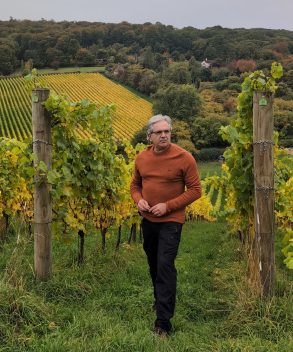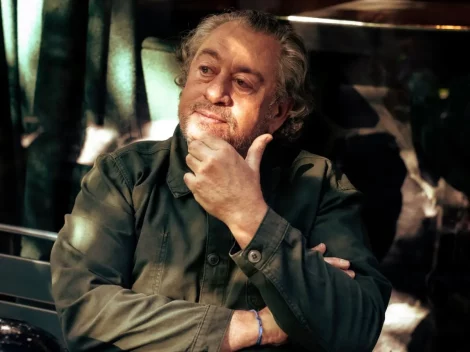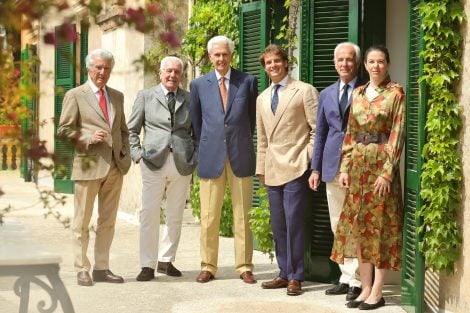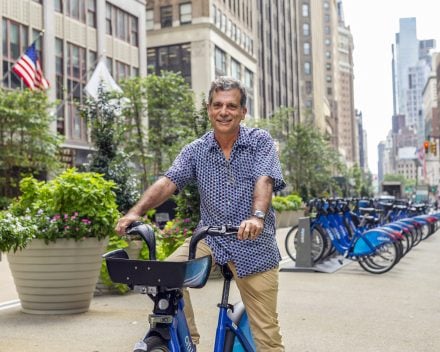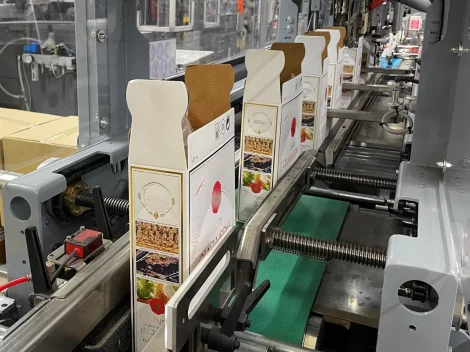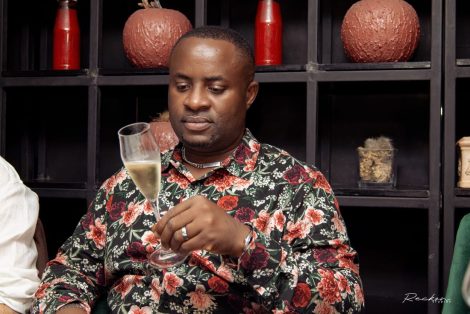by Tommaso Costa
What happens to a great seafood restaurant when it’s time to let the sea rest? Some close, others source ingredients elsewhere. Jacopo Ticchi, the genius of aged fish in Rimini, instead slows down, lets the sea catch its breath, waits for it — but doesn’t stop. He simply changes the narrative, because the land is full of stories to tell. That’s exactly what will happen at Lucio during the upcoming fishing ban along the Adriatic Sea from 5 August to 16 September. Ticchi, along with his brigade, has decided to explore elsewhere — sea and land in continuity between thoughts and flavours.
When the sea rests
"Not a convenient choice, especially in peak summer season," explains Ticchi, "but a necessary one. Although there are alternative ways to continue working, we’ve decided to do something different. Instead, we choose to slow down, listen to the sea, acknowledge its need to regenerate. It’s a gesture of coherence with our daily work, which draws inspiration precisely from that natural environment — an environment that now needs respect and attention."
So not a change in gastronomic identity, but a new gastronomic paradigm made up of study and local research. "For this reason, during the fishing ban, our menu will open up to new raw materials: animals from the Romagna hinterland such as sheep, Mora Romagnola pigs, donkeys, rabbits and poultry will take centre stage in an offering that’s authentic and rooted in the territory. A cuisine that changes form, but not identity."
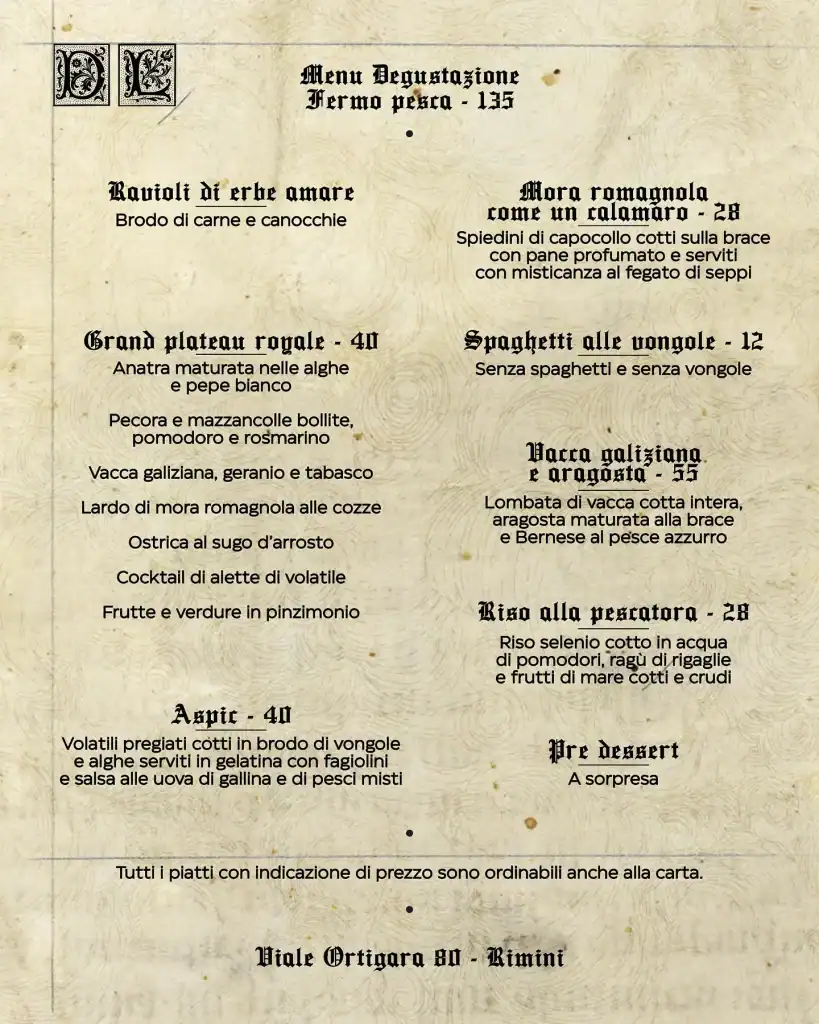
The theme chosen by Ticchi is the (close) relationship between the Romagna countryside and the Adriatic Sea. A direct thread between land and sea, even more evident in this edition of the fishing ban, which — given the location of the restaurant — is experienced quite literally “in the middle of the sea”. And it’s precisely that sea, observed, listened to, breathed in, that becomes the focal point of the new research: understanding and describing it without using fish.
Understanding the sea with inland ingredients
Already last year, the brigade began to question itself: what is the taste of the sea, really? A complicated question, far from obvious, one that opens the door to many comparisons, especially in the kitchen. At Lucio, they found answers in its most authentic and primal elements: water, stones, seaweed, briny aromas.
This year, that idea has taken on even more substance: the taste of the sea is not just a flavour — it’s an environment. But it’s also a cuisine. It’s garlic, parsley, tomato, frying, the grill. It’s everything that, even without fish, makes you say: “It tastes of the sea.” And the sense of smell becomes memory.
This is how Ticchi’s idea is born: change the protein, but not the language. In other words, meat treated as if it were fish, vegetables evoking marine landscapes, seasonings and techniques that recall the saltiness of the sea. Memory — that’s the power of food: evocation, remembrance, sensation, maybe with eyes closed but with all the senses heightened.
What’s on the menu during the fishing ban at Lucio in Rimini
Here’s a preview of some of the pairings that will feature in the tasting menu available in just a few days:
The grand plateau of the sea gives way to a plateau royale with duck aged in seaweed and white pepper, sheep and boiled prawns with tomato and rosemary, Galician beef with geranium and Tabasco, lardo of Mora Romagnola with mussels, oyster with roast jus, cocktail of poultry wings.
In the aspic, you’ll recognise fine poultry cooked in a clam and seaweed broth; the boldest move comes with the spaghetti alle vongole — without spaghetti and without clams.
Direct fire, a primary element of Ticchi’s cooking, will not be absent: Galician beef sirloin is cooked whole alongside a lobster aged in embers and a blue fish béarnaise.

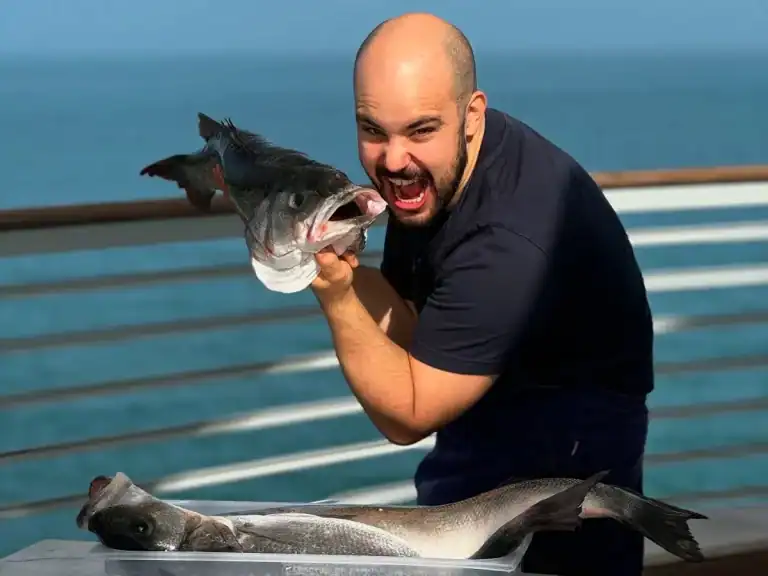
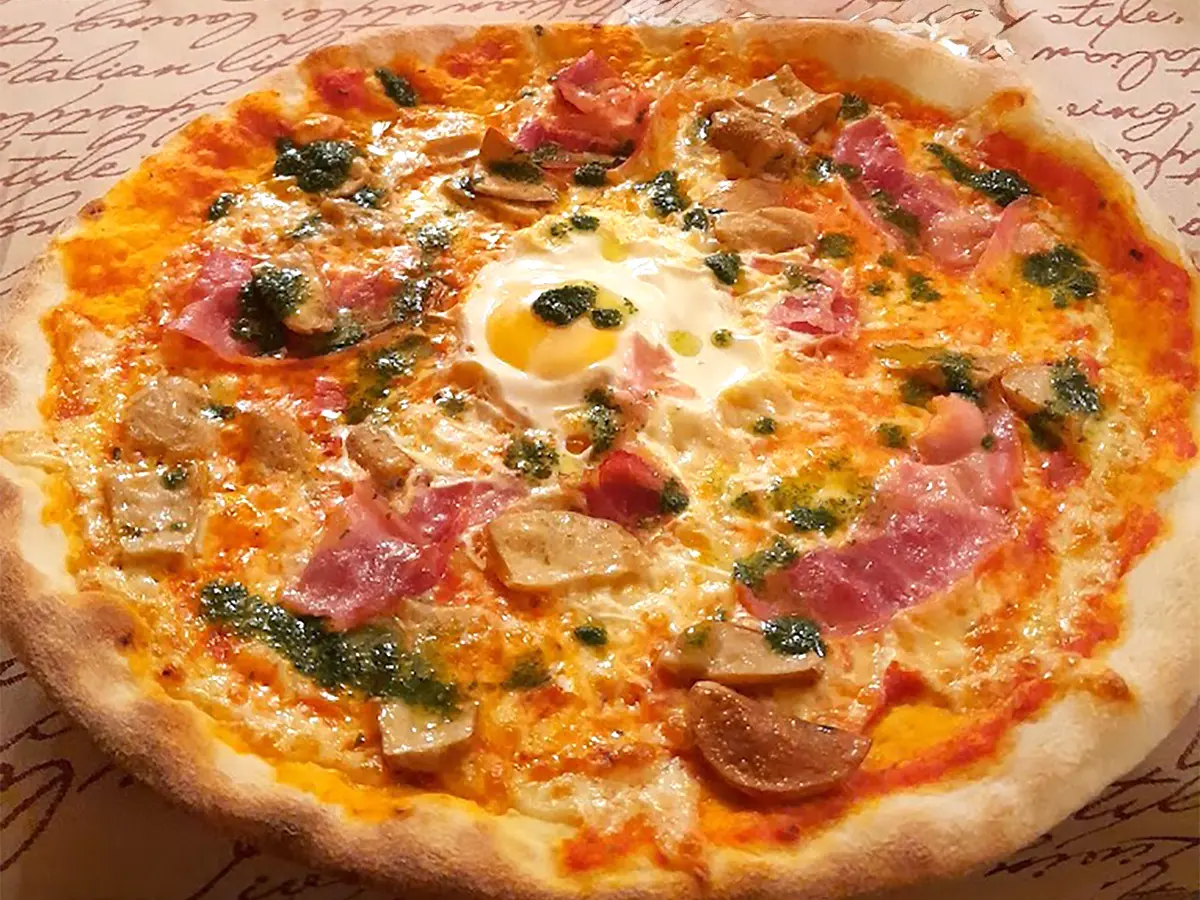 The pizza that’s taking the Winter Olympics by storm
The pizza that’s taking the Winter Olympics by storm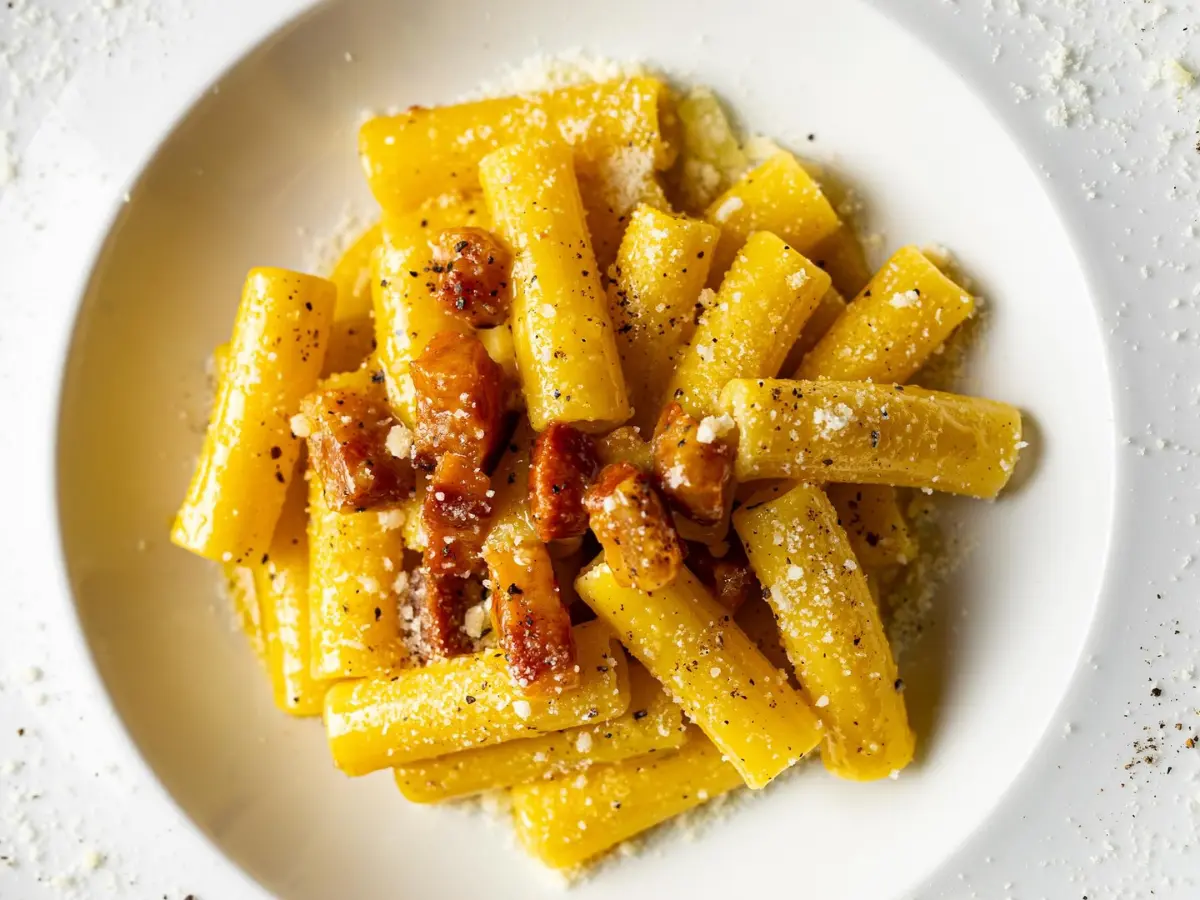 Where to eat in Central Rome (while avoiding the tourist traps)
Where to eat in Central Rome (while avoiding the tourist traps)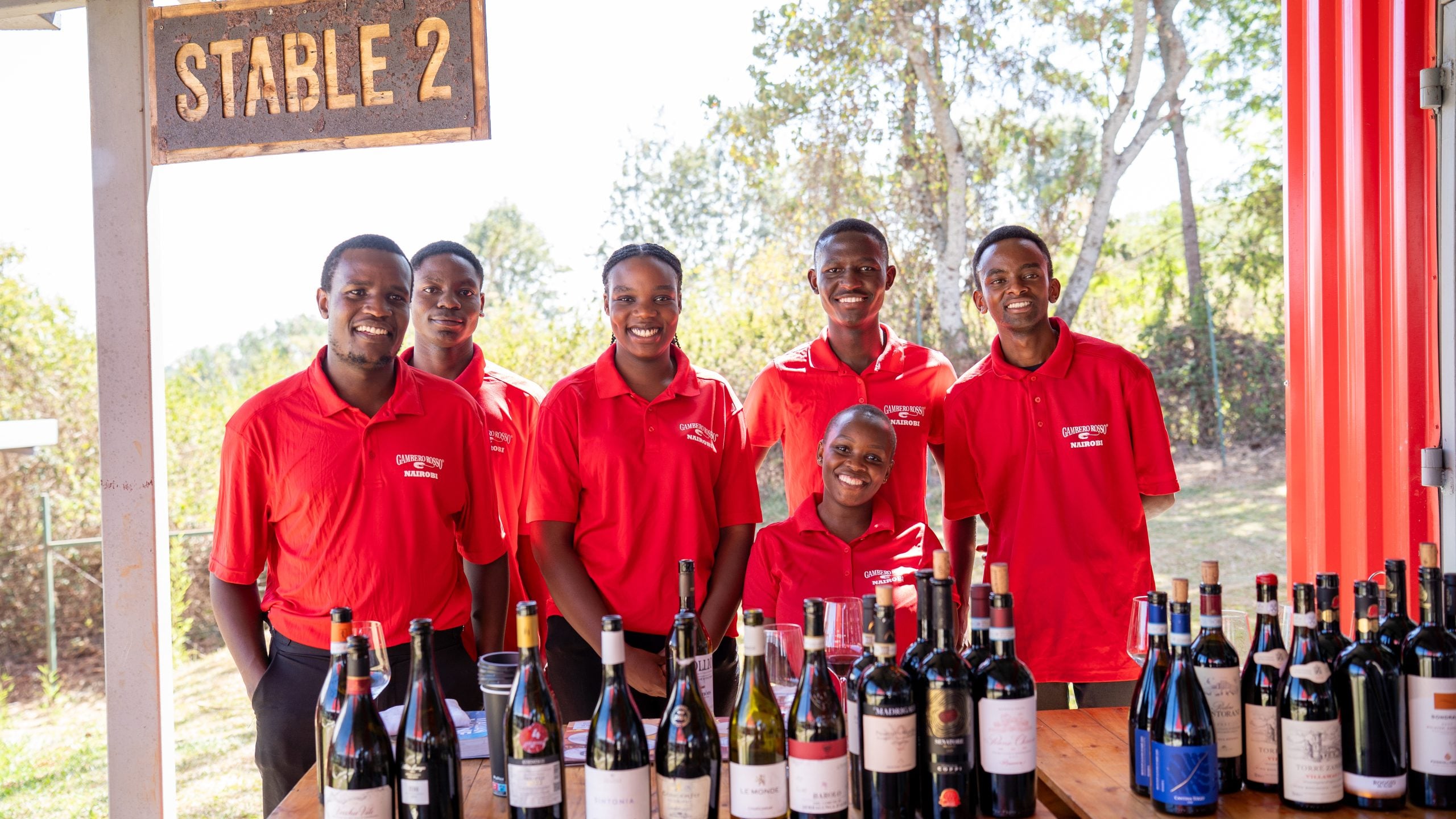 The Top Italian Wines Roadshow returns to Kenya
The Top Italian Wines Roadshow returns to Kenya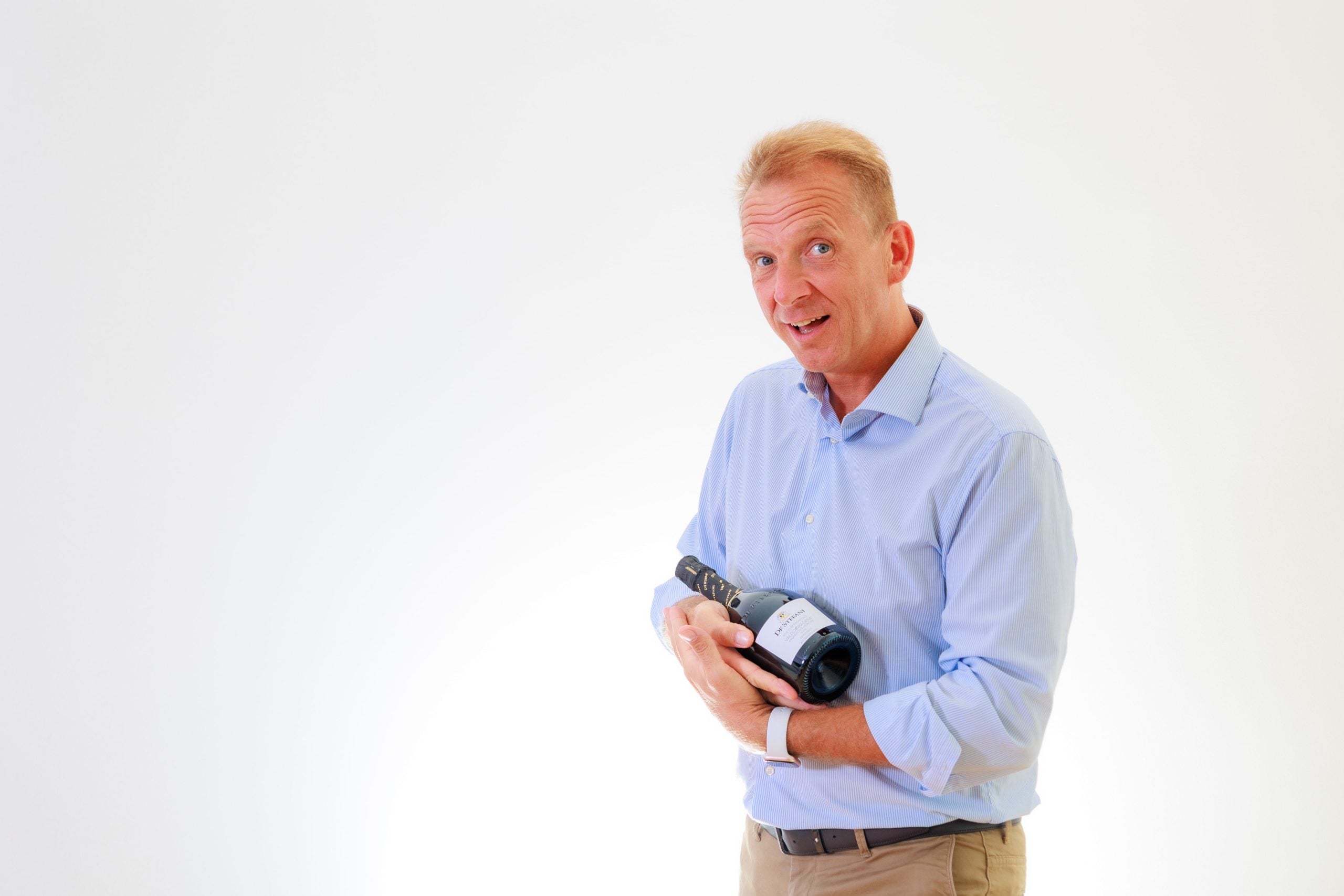 Why 'restraint is a virtue' for a top Prosecco producer
Why 'restraint is a virtue' for a top Prosecco producer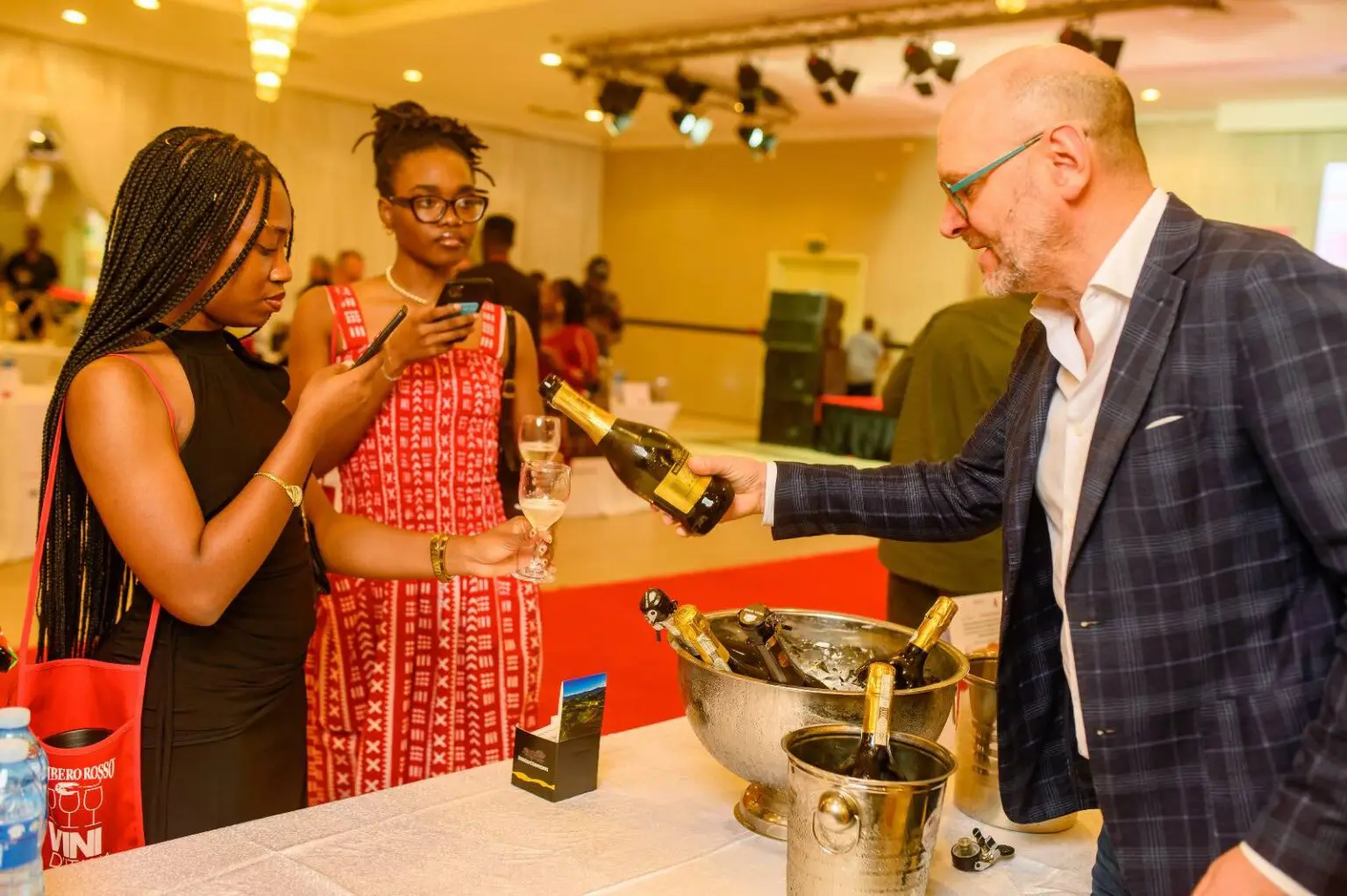 Gambero Rosso in Nigeria: a new strategic market for Italian wine
Gambero Rosso in Nigeria: a new strategic market for Italian wine